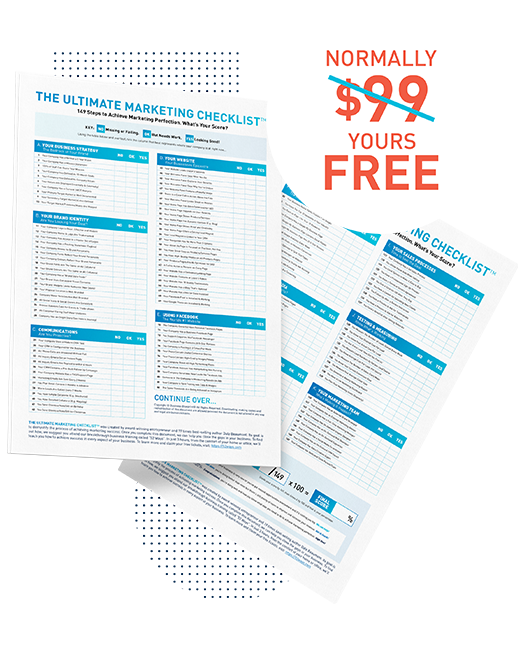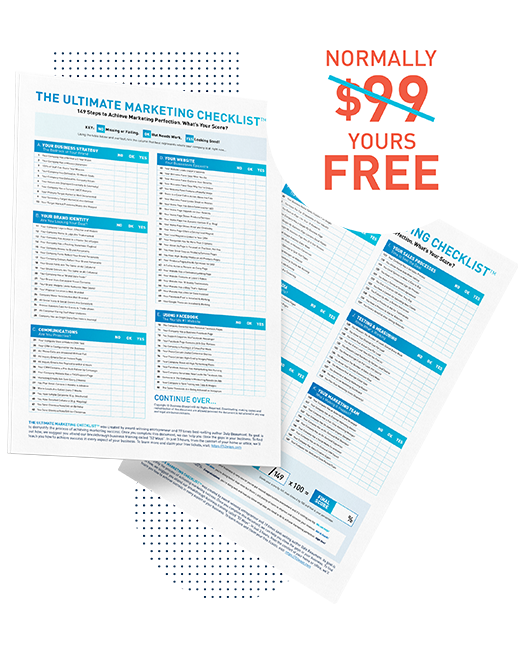“Did you know there’s a difference between being busy and being fruitful? Did you ever stop to think that just being busy – running around in circles all day but not accomplishing anything – is the same as wasting your time? It’s frustrating to expend so much energy and time and not have any fruit from your effort!”
This quote, from American author Joyce Meyer, gives you food for thought.
As a business owner, there is no shortage of things which need your attention. But how many of the things you do actively contribute to you making money?
That’s another question that will get you thinking!
So many business owners come to us saying they feel overwhelmed. They have so much to take care of, they can’t see the wood for the trees. There are never enough hours in the day and nowhere near enough time to work in their business, let alone step away from it and figure out how to make it grow.
At Business Blueprint, we often recommend our overwhelmed and ‘too busy’ clients conduct what’s known as a task audit. This is the first step to reducing the busyness and reclaiming your life.
Here’s how it works:
How to conduct a task audit
Commit to this exercise for a period of two weeks.
To get started, open up a spreadsheet, create a tab for the next ten working days and add three columns: Time, Task and ‘DOCS’ (more on that soon).
Over the next two weeks (you can start any time, even right now), write down what you do each hour, e.g:
- 9am-10am: Go to Post Office
- 10am-11am: Reorder supplies
- 11am-12pm: Team meeting
- 12pm-12:30pm: Sales call and lunch
You can break your time into half-hour or even fifteen minutes if you need to.
After the two weeks is complete, you may notice some patterns have emerged and some clear indicators of where you are wasting time. To make the exercise really clear, now take the time to mark up the third column.
DOCS stands for Delegate, Outsource, Continue, Stop. Mark each action you have taken with one of these.
- Delegate means giving tasks to a member of your team
- Outsource means enlisting an offshore VA or a freelancer to take over
- Continue means you will still be in charge of this task
- Stop gets allocated to tasks which simply aren’t necessary or can be automated
Things like going to the Post Office and reordering supplies can be delegated. There may be some team meetings which can be stopped or which don’t require you to attend. Sales calls could also be delegated, or you may find it makes the best sense for you to continue doing these jobs.
Your next steps
Now you can clearly see which tasks you should step away from but before you hand them over, you need to do some groundwork.
For example: Telling a staff member they need to reorder stock will probably result in confusion. Taking the time to write or record step by step instructions means they are less likely to get things wrong.
You could outsource or delegate a sales call by creating a script and a form for staff to check off as they go. With a standard procedure, they will find it easier to get results.
Successfully stepping away from task overload doesn’t happen overnight and for it to be truly successful, you need a system. But every time you do this, you are freeing yourself from responsibility. This means more time to focus on your business and the things which make you money, or more time to spend away from work doing the things you love.






